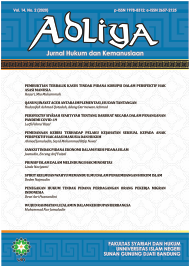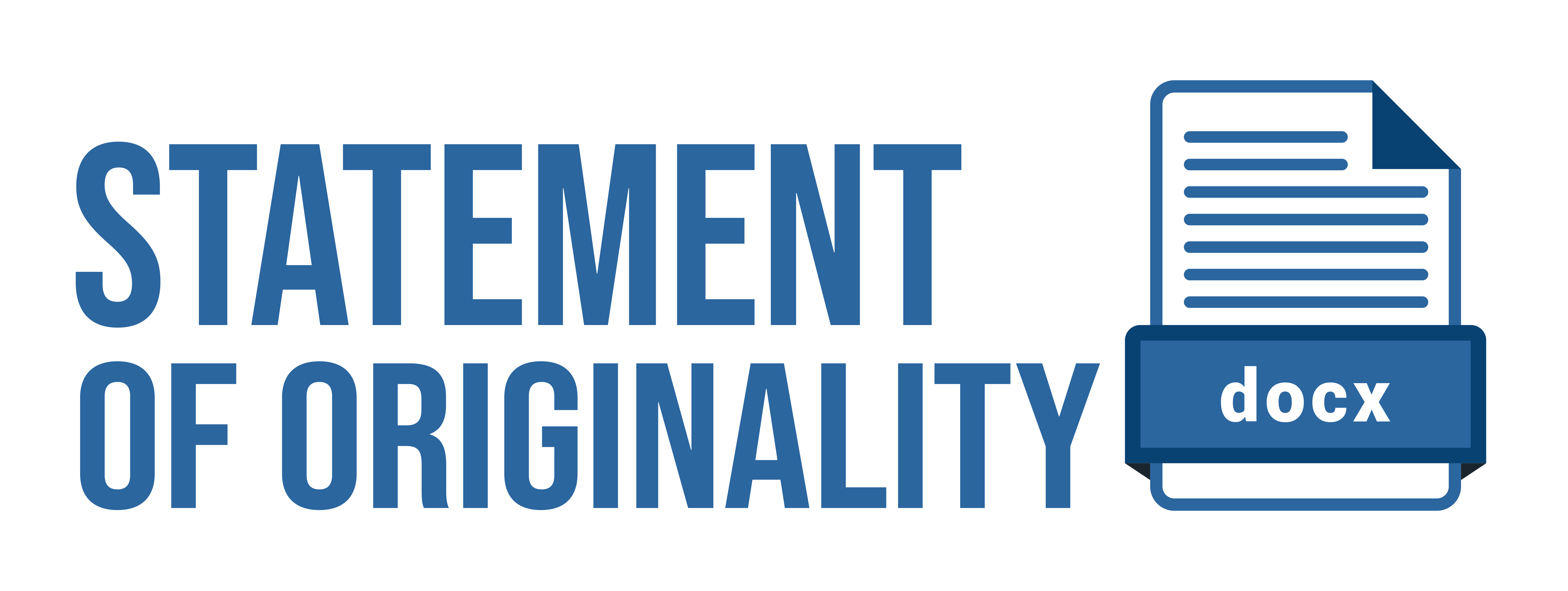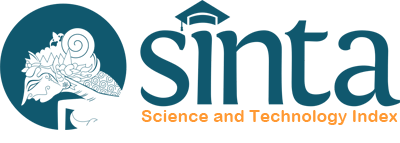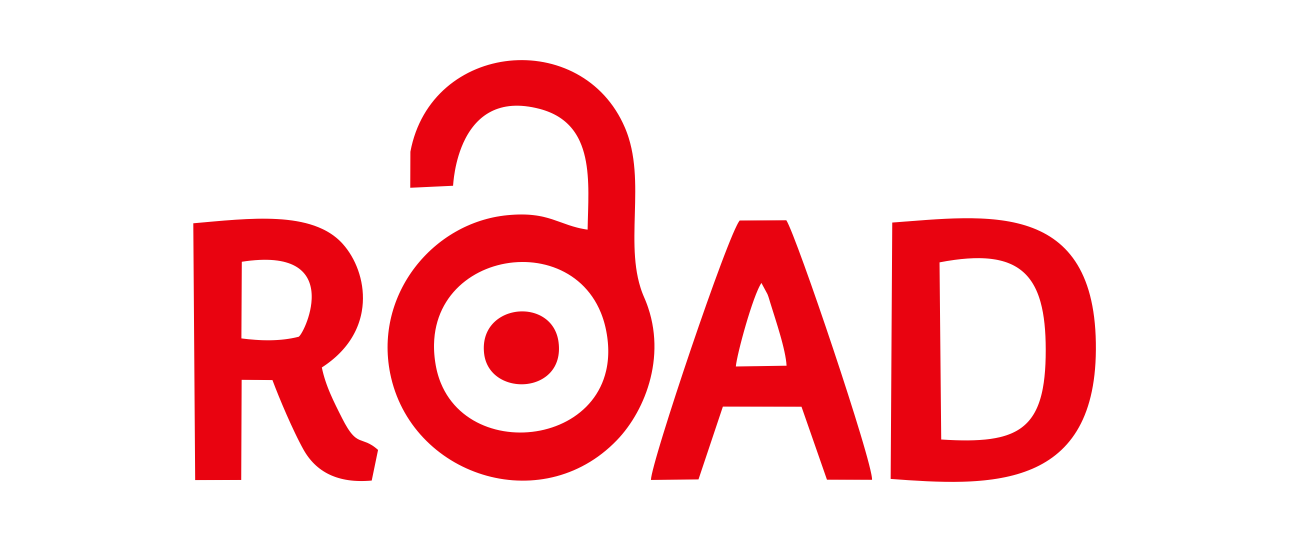PENEGAKAN HUKUM TINDAK PIDANA PERDAGANGAN ORANG PEKERJA MIGRAN INDONESIA
DOI:
https://doi.org/10.15575/adliya.v14i2.9938Keywords:
Migrant Workers, Criminal Acts, Human TraffickingAbstract
This study aims to examine the problems of law enforcement against human trafficking against Indonesian migrant workers. This research was conducted on legal issues from the normative side based on the rule of law in legislation and norms. This study uses a normative juridical approach with primary and secondary legal materials. The results of this study indicate that the law enforcement process against the criminal act of trafficking of Indonesian migrant workers, there are parties that are organized, starting from the Indonesian Migrant Worker Placement Company for Civil Employment, Health (medical checkup), Immigration (making passports), and at the airport. P3MI uses unscrupulous immigÂraÂtion officers who can pass prospective Indonesian migrant workers with a number of rewards. Law enforcement carried out by the Indonesian Migrant Workers Protection Agency by postponing services, revoking company permits, written warnings, temporarily suspending part or all of business activities, canceling the departure of prospective migrant workers, and or returning from abroad at their own expense. The long-term effort is to closely monitor Indonesian labor service companies.
References
Amalia, Riza, Ade Irma Fitriani, and Bayu Sujadmiko. Perlindungan Anak Buah Kapal Dalam Kerangka Hukum Nasional Dan Hukum Internasional. Lampung: Fakultas Hukum. Universitas Lampung, 2018.
B, Widiyahseno, Rudianto R, and Widaningrum I. “Paradigma Baru Model Pelindungan Pekerja Migran Indonesia (PMI) Dalam Perspektif Undang-Undang No 18 Tahun 2017.†Sosio Informa 4, no. 3 (2017). https://doi.org/doi:https://doi.org/10.33007/inf.v4i3.1578.
Dewandaru, Bothy, Afif Nur Rahmadi, and Evi Husniati Sya’idah. “Pemanfaatan Remitansi Pekerja Migran Indonesia Serta Peran Usaha Pekerja Migran Indonesia Purna Untuk Pembangunan Desa Asal.†Warmadewa Economic Development Journal 2, no. 2 (2019): 44–50. https://doi.org/https://doi.org/10.22225/wedj.2.2.1297.44-50.
Echols, John M, and Hasan Shadily. Kamus Inggris Indonesia. Jakarta: PT Gramedia, 2000.
Haris, Abdul, and Nyoman Adika. Gelombang Migrasi Dan Konflik Kepentinagan Regional (Dari Perbudakan Ke Perdagangan Manusia). Yogyakarta: LESFI, 2002.
Lisandro, Muhammad Dwi Bagus. “Perbudakan Terhadap Anak Buah Kapal Penangkap Ikan Asing Di Indonesia.†The Indonesian Journal of Criminology (Jurnal Kriminologi Indonesia) Special Is, no. 39–51 (2017).
Pangestu, F. W., and A. J Pitoyo. “Pemanfaatan Remitan Tenaga Kerja Wanita Untuk Pendidikan Anak Di Desa Jangkaran, Kecamatan Temon, Kabupaten Kulon Progo.†Jurnal Bumi Indonesia 4, no. No. 3 (2015). http://lib.geo.ugm.ac.id/ojs/ index.php/jbi/article/view/337.
Prihatinah, Tri Lisiani, Noor Asyik, and Kartono. “Kendala Perlindungan Hukum Terhadap Buruh Migran Di Kabupaten Cilacap.†Jurnal Dinamika Hukum 2, no. 2 (2012): 312–20. https://doi.org/10.20884/1.jdh.2012.12.2.55.
Sumiyati. “Perlindungan Hukum Bagi Pekerja Migran Indonesia Di Luar Negeri Akibat Pemutusan Hubungan Kerja Sepihak.†Sigma-Mu 5, no. No. 1 Maret 2013 (2013). https://doi.org/: https://doi.org/10.35313/ sigmamu.v5i1.849.
Sutedi, Adrian. Implikasi Hak Tanggungan Terhadap Pemberian Kredit Oleh Bank Dan Penyelesaian Kredit Bermasalah. Jakarta: BP Cipta Jaya, 2006.
Sylwester., Joanna G. “Fishers of Men: The Neglected Effects of Environmental Depletion on Labor Trafficking in The Thai Fishing Industry.†Washington International Law Journal 23, no. 2 (2014): 423–529. https://digitalcommons.law.uw.edu/wilj/vol23/iss2/5/.
Wahab, Agusfian. Perjanjian Kerja Antar Negara. Jakarta: PT. Raja Grafindo Persada, 2001.
Widi, Restu Kartiko. Asas Metodologi Penelitian. Yogyakarta: Graha Ilmu, 2010.
Downloads
Published
How to Cite
Issue
Section
Citation Check
License
Authors who publish in ADLIYA: Jurnal Hukum dan Kemanusiaan agree to the following terms:
- Authors retain copyright and grant the journal right of first publication with the work simultaneously licensed under a Attribution-ShareAlike 4.0 International (CC BY-SA 4.0) License that allows others to share the work with an acknowledgment of the work's authorship and initial publication in this journal.
- Authors are able to enter into separate, additional contractual arrangements for the non-exclusive distribution of the journal's published version of the work (e.g., post it to an institutional repository or publish it in a book), with an acknowledgment of its initial publication in this journal.
- Authors are permitted and encouraged to post their work online (e.g., in institutional repositories or on their website) prior to and during the submission process, as it can lead to productive exchanges, as well as earlier and greater citation of published work (See The Effect of Open Access).
















